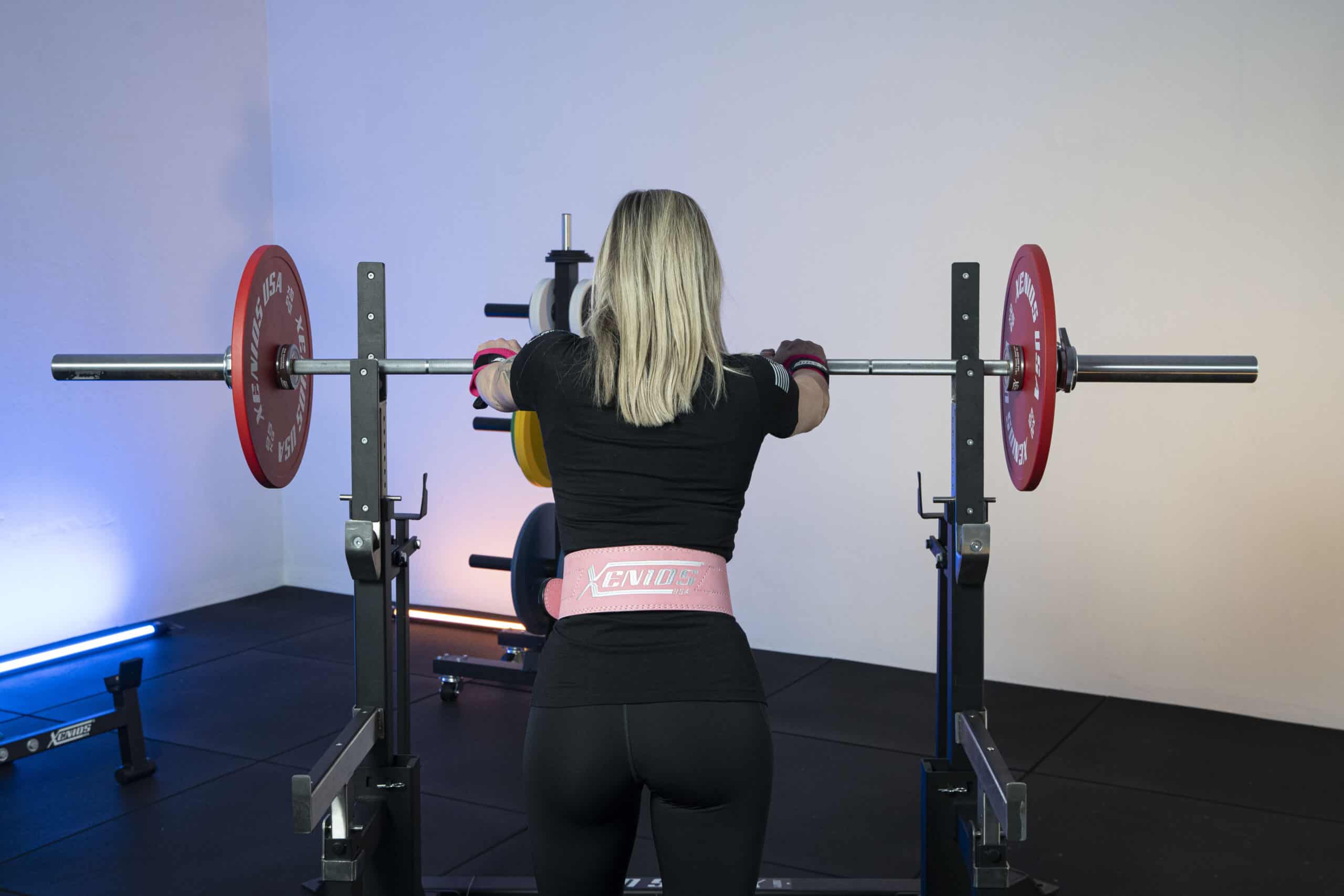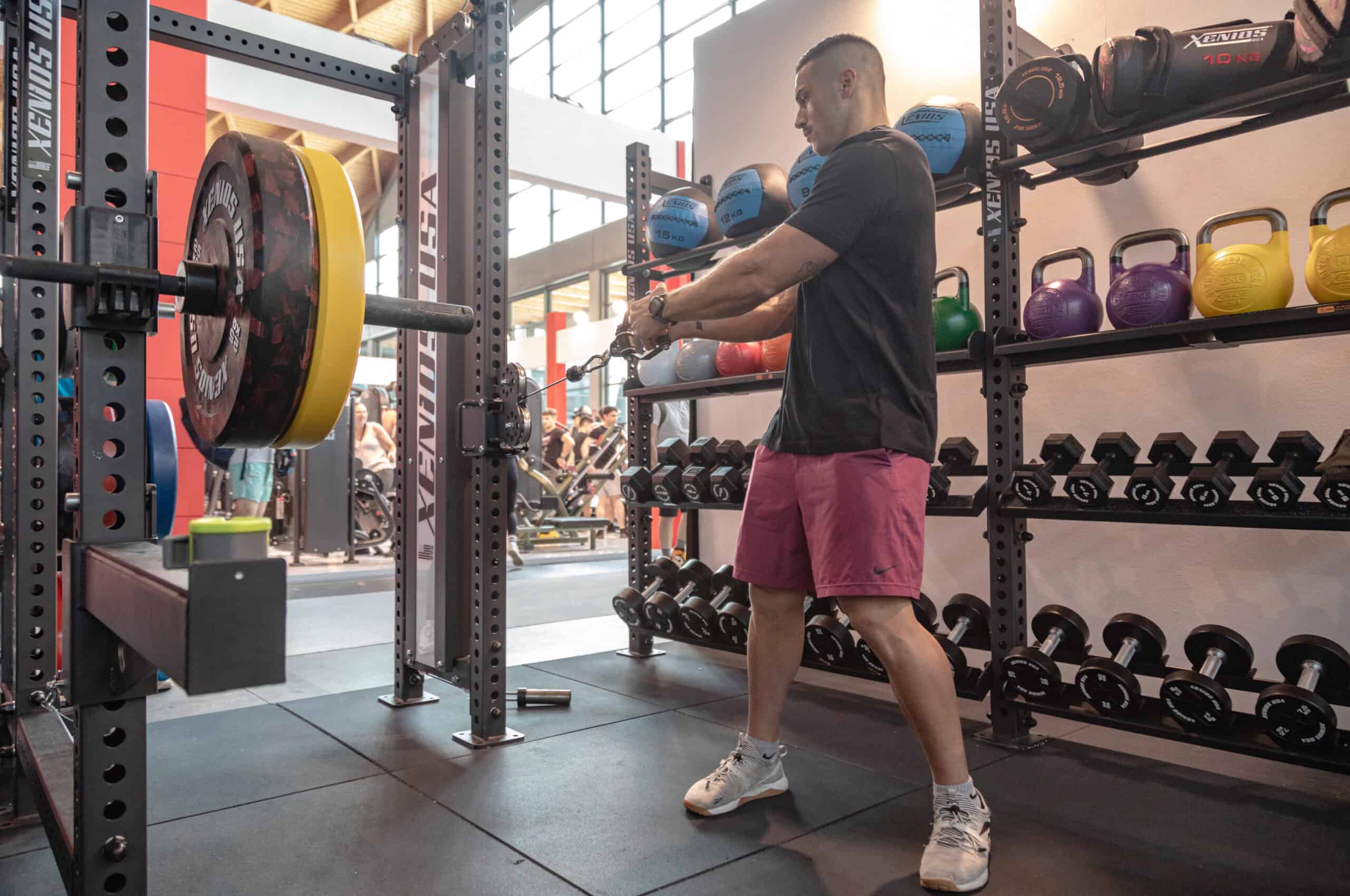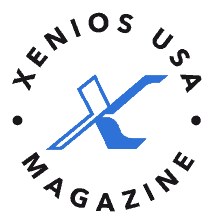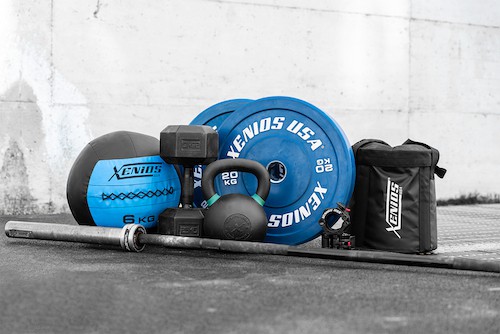Nutrition and exercise have always gone hand in hand. One can’t succeed without the other, even if separately they provide great results in terms of an increase of overall health, a more toned figure, and improved quality of life – it’s when you combine their effects that they increase exponentially.
Healthy nutrition and supplements for sports and physical activity, calibrated according to ones’ requirements and goals, is fundamental for those who go to the gym, whatever activity they do or sport they practice.
- Nutrition for the gym
- Nutrition to increase muscle mass
- Protein requirements to increase muscle mass
- The role of supplements
Nutrition for the gym
The correct diet for the gym isn’t special nor that much different from that for wellbeing, and it doesn’t include a standard formula that’s applicable to everyone without considering type of training, intensity, age and goals. What distinguishes nutrition for those who practice physical activity from standard healthy nutrition, in fact, is the adaptation to the person in their complexity and their daily calorie intake requirement, that varies depending on the type and intensity of the workout that’s being done.

On a general level it’s necessary to follow a varied and balanced diet, that respects personal preferences, that prioritizes protein sources of high quality such as meat, fish, lean cheeses, and limiting the consummation of fatty cheeses, processed and packaged red meats, and to prefer the consumption of complex carbohydrates in grains and a low glycemic index, from fruit, vegetables, legumes rich in fiber, consuming very moderately sugar, sweets, soft drinks, alcoholic beverages and staying well hydrated by making sure to drink at least two liters of water every day.
If the goal of working out and nutrition is that of maintaining and increasing muscle mass while simultaneously increasing performance, the key factor to keep in mind is to have clear goals and outline the best strategies to obtain that goal.
Nutrition to increase muscle mass
Although we’ve said that the main principles of nutrition for the gym are those common to all “healthy” diets, if the goal is to make muscles bigger, then eating well isn’t enough and above all, you shouldn’t fall for the false idea that all you have to do is work out and eat more.
Even if it’s true that during a period of bulking you need an energetic surplus to make the muscle tissue grow when correctly stimulated during a workout, it’s also true that by eating more we are creating a perfect anabolic environment adept for growth, of both the cells of the muscles and of body fat.

As a result, we should choose foods that increase the muscle mass at the expense of antagonist fat cells. The better structured the phase of muscle growth is, the less necessary it will be to then have to “clean out” the excess of fat mass that could be created.
The first factor to consider is always trying to start the phase of bulking with a physique that’s already lean, therefore, precede with a nutrition phase that’s slightly low calorie to lower the amount of excess body fat.
The road to nutrition to muscle mass growth is preceded by a period of a low-calorie diet, to then return to normal calorie intake, or nutrition that allows you to maintain a stable weight, and in this way you can arrive to the calorie surplus needed to grow.
Protein requirements to increase muscle mass
Several theories exist regarding the maximum quantity of protein to be used to build lean tissue, and therefore muscle mass, in a single meal. Influential authors have proposed that muscle protein synthesis is maximized with the consumption of around 20-25 grams of high-quality protein per meal. Doses above this amount are believed to be oxidized for energy or are eliminated. Proteins are a fundamental macronutrient to promote muscle growth and therefore satisfy the daily protein requirements necessary to optimize the growth of muscle mass. Contrarily to what one might think, you don’t need an exaggerated quantity of protein to build muscle.
Based on the latest scientific findings, we know that to maximize anabolism (muscle building) one should consume protein with a target intake of 0,4 g/kg/meal during a minimum of four meals to reach the minimum of 1,6 g/kg/day, while using the daily maximum dose of 2,2 g/kg/day reported in the literature, distributed in the same four meals, it would be necessary a maximum of 0,55 g/kg/meal. These studies have demonstrated that, especially during the initial phases of a resistance training program, there’s no advantage to consuming elevated quantities of protein, superior to 2,5 g/kg/day. A daily protein intake that’s higher seems to require a greater frequency of meals to optimize the use of the amino acids for the purpose of building tissue.
In addition to the actual daily amount of protein consumed, it seems that it’s equally important the timing of consumption of proteins with respect to the training phases. It appears to be optimal to ingest protein in the post-exercise period, although the alleged “anabolic window” for protein ingestion lasts at least 24 hours and does not have such a drastic effect on results like it was once thought years ago. It’s also very important to ingest protein in sufficient doses (~0,4-0,5 g/kg/meal) distributed through the day (Areta et. al., 2013). Lastly, the ingestion of AA in higher doses of protein (40 g of casein or up to 0,6 g/kg/meal) before sleeping seems to increase both the nocturnal synthesis of the muscle mass and the chronic adaptations of skeletal muscle
The role of supplements
On the front of nutrition supplements there’s a lot of confusion. Very often, in the case of amateurs and those who train 3-4 days a week, nutrition in itself is enough to satisfy all of their nutritional needs.

Among the main supplements used to maximize the increase of muscle mass are: creatine, mass gainer, essential fatty acids, powder proteins and BCAA, beta-alanine.
Supplements for muscle mass are nutritional supplements that help increase and maintain the volume of muscles, studied to favor muscle hypertrophy.
Supplements for muscle mass represent an aid for those who practice sports and want to obtain the maximum from their workouts. They should always be used cautiously and based on specific needs. They should be carefully chosen, based on the physical effort required for the workout, the anthropometric characteristics, the body composition, state of health, and the specific goal.
The fundamental requisites to favor muscle mass growth are the following:
- Workout with consistency, with a method, and if possible, following by a personal expert
- Give the body time to recover from one workout to the next
- Increase calorie intake, sticking to a healthy diet, in a nutrition context that promotes the growth of lean mass while maintaining low fat mass.
Sources
- Morton RW, McGlory C, Phillips SM. Nutritional interventions to augment resistance training-induced skeletal muscle hypertrophy. Front Physiol. 2015;6:245.
- Schoenfeld, B.J., Aragon, A.A. How much protein can the body use in a single meal for muscle-building? Implications for daily protein distribution. J Int Soc Sports Nutr 15, 10 (2018).
- Areta JL, Burke LM, Ross ML, Camera DM, West DW, Broad EM, Jeacocke NA, Moore DR, Stellingwerff T, Phillips SM, Hawley JA, Coffey VG. Timing and distribution of protein ingestion during prolonged recovery from resistance exercise alters myofibrillar protein synthesis. J Physiol. 2013;591(Pt 9):2319–31.
- Morton RW, Murphy KT, McKellar SR, Schoenfeld BJ, Henselmans M, Helms E, Aragon AA, Devries MC, Banfield L, Krieger JW, Phillips SM. A systematic review, meta-analysis and meta-regression of the effect of protein supplementation on resistance training-induced gains in muscle mass and strength in healthy adults. Br J Sports Med. 2017.
- Rakat, Christopher MS, ATC, CISSN1; Pearson, Jeremy MS1; Escalante, Guillermo DSc, MBA, ATC, CSCS, CISSN2; Campbell, Bill PhD, CSCS, FISSN3; De Souza, Eduardo O. PhD1 Body Recomposition: Can Trained Individuals Build Muscle and Lose Fat at the Same Time?, Strength and Conditioning Journal: October 2020 – Volume 42 – Issue 5 – p 7-21.
- Moore DR, Churchward-Venne TA, Witard O, Breen L, Burd NA, Tipton KD, Phillips SM. Protein ingestion to stimulate myofibrillar protein synthesis requires greater relative protein intakes in healthy older versus younger men. J Gerontol A Biol Sci Med Sci. 2015 Jan;70(1):57-62.
- Deutz NE, Wolfe RR. Is there a maximal anabolic response to protein intake with a meal? Clin Nutr. 2013 Apr;32(2):309-13. doi: 10.1016/j.clnu.2012.11.018. Epub 2012 Dec 1.

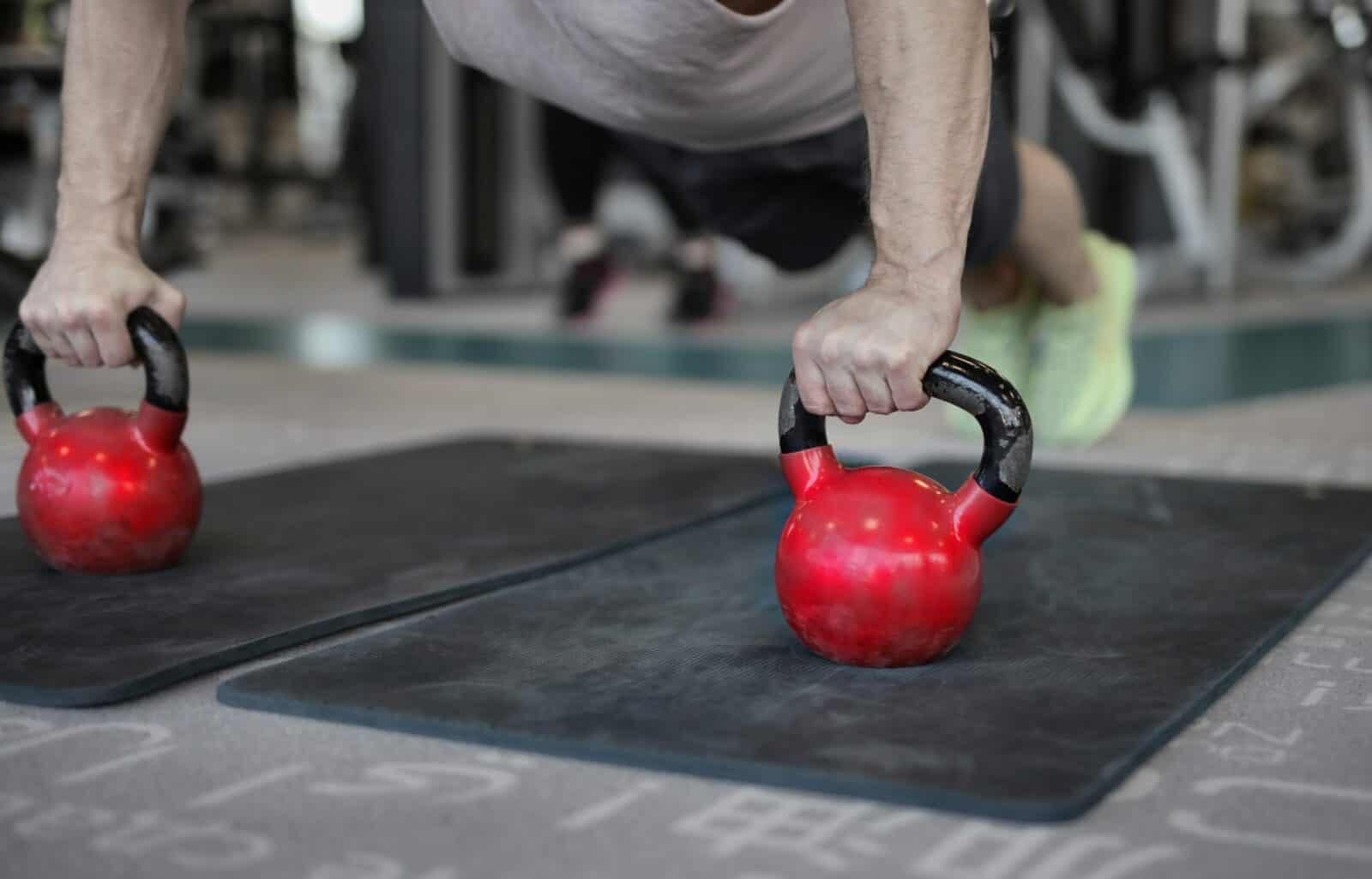


 Since 2009, we’ve been by your side, helping you create the perfect training spaces for Cross Training Boxes, Personal Trainer Studios, and professional Home Gyms.
Since 2009, we’ve been by your side, helping you create the perfect training spaces for Cross Training Boxes, Personal Trainer Studios, and professional Home Gyms.

